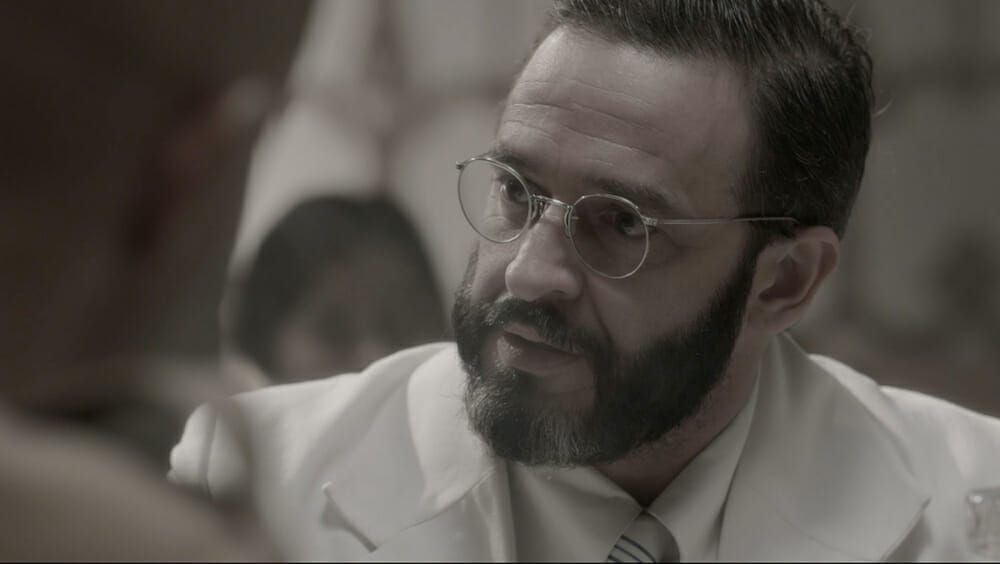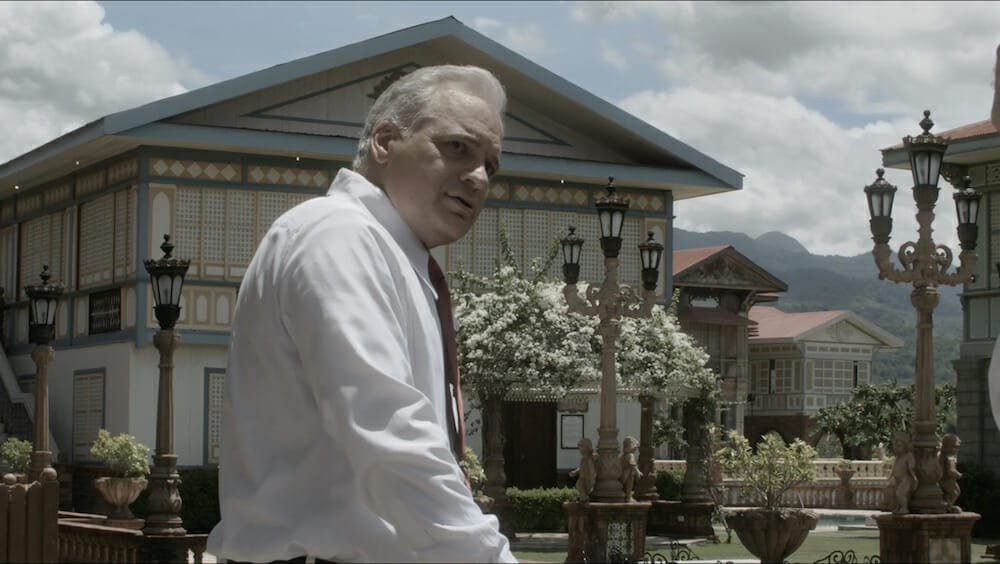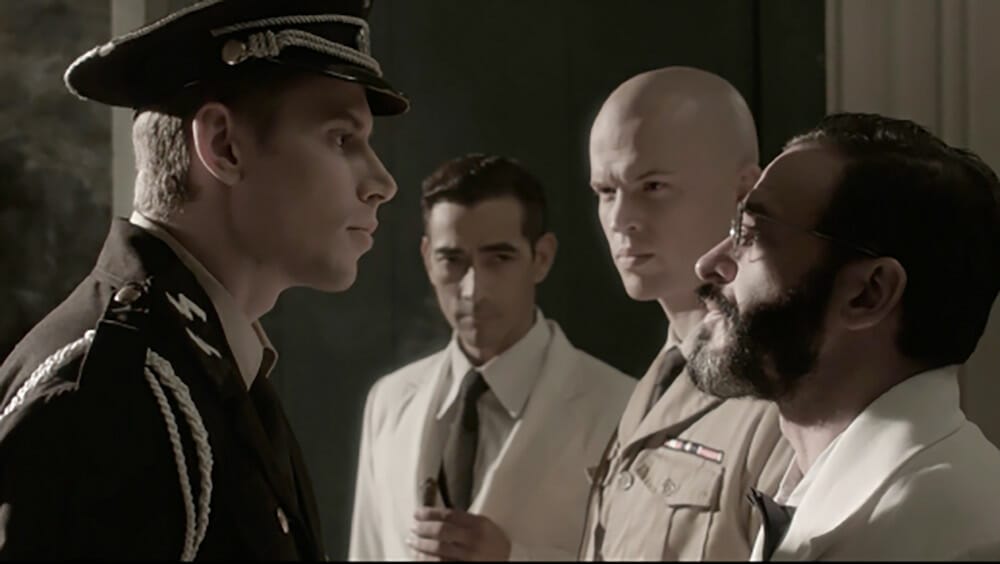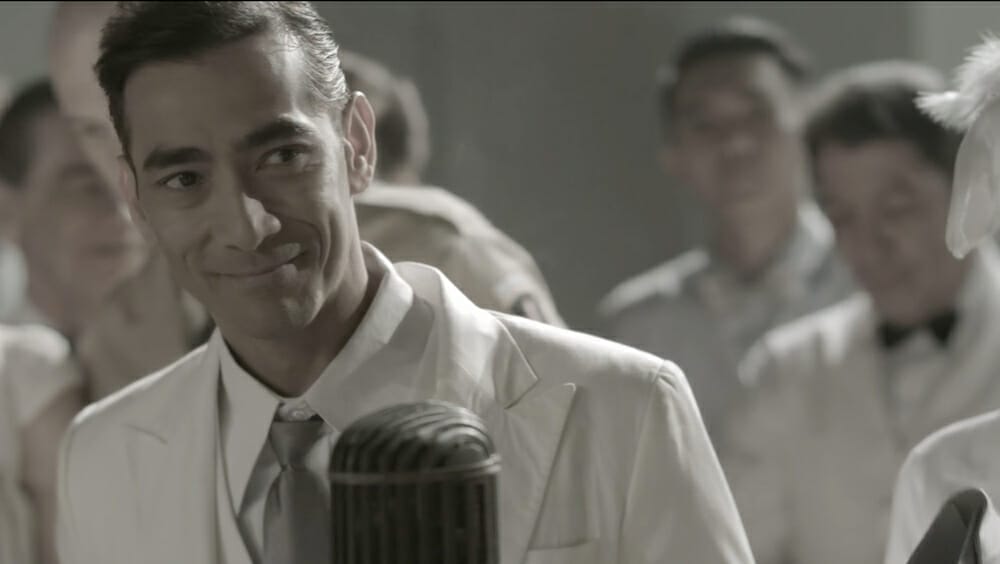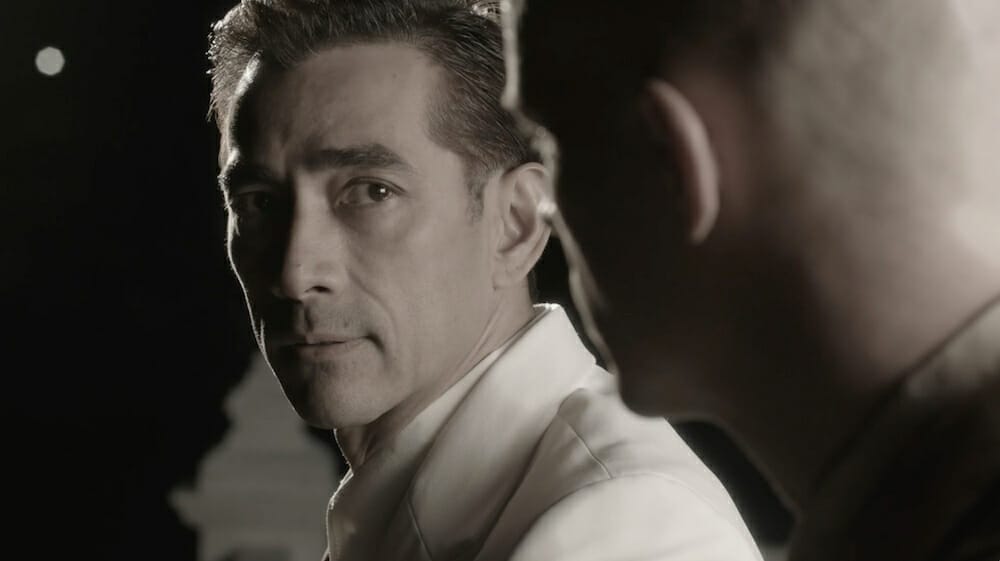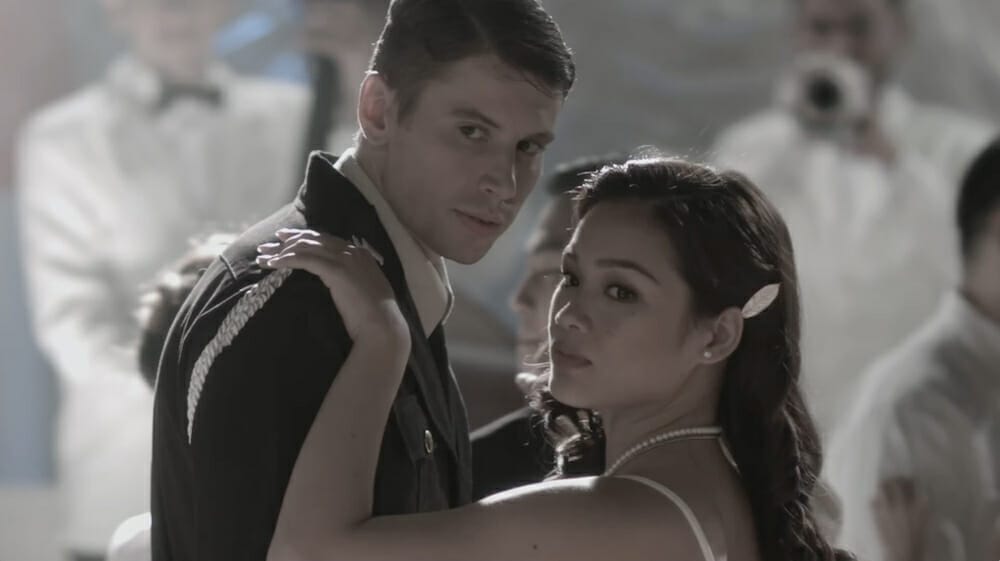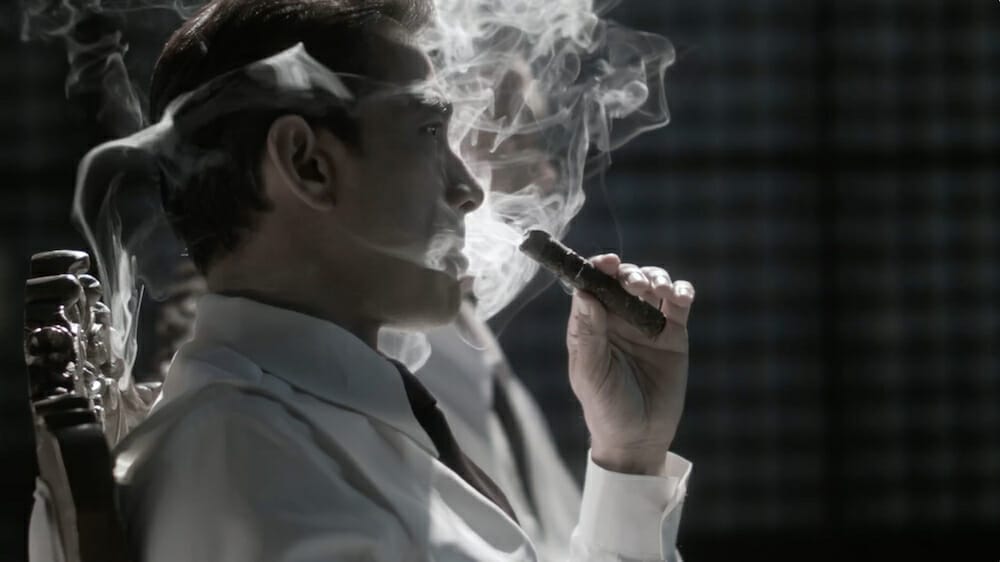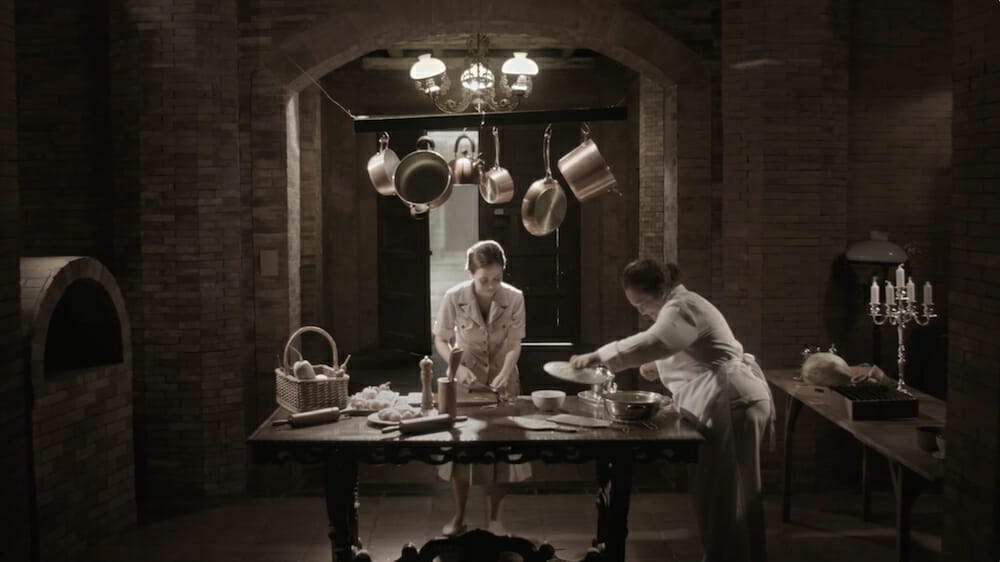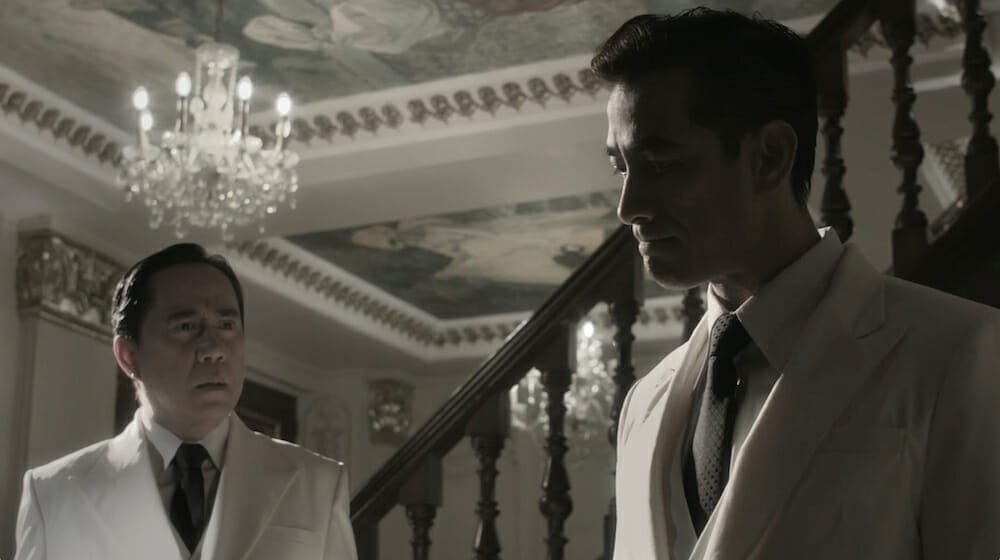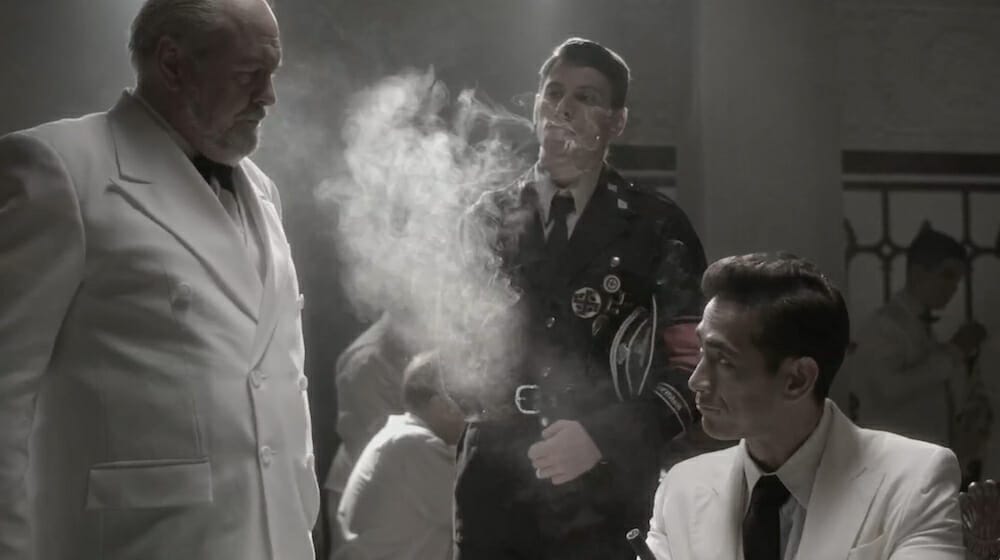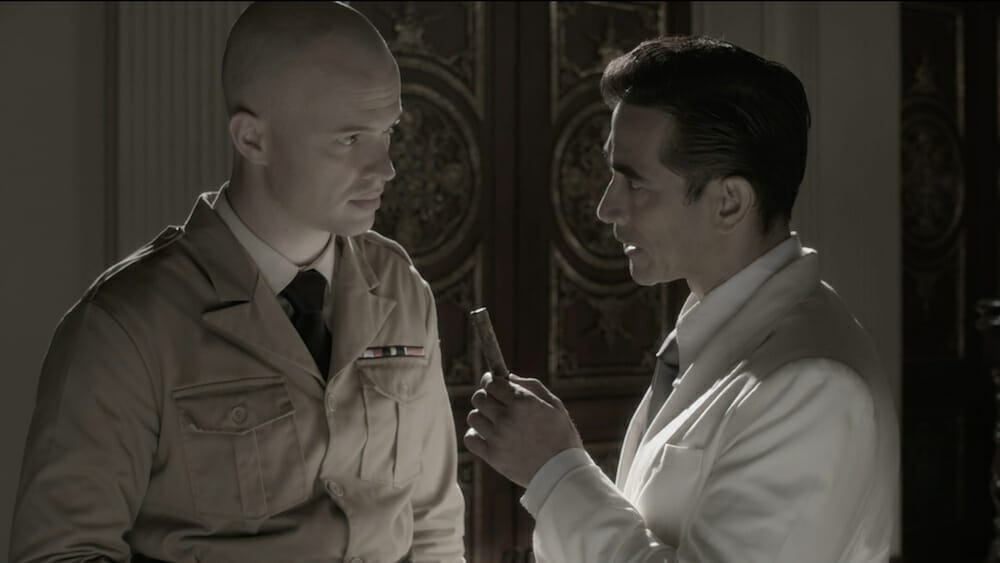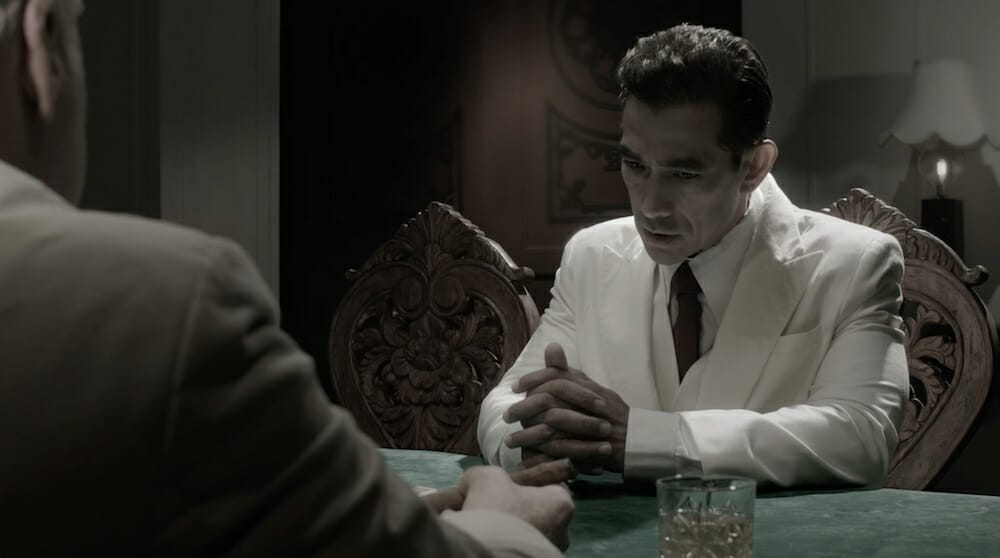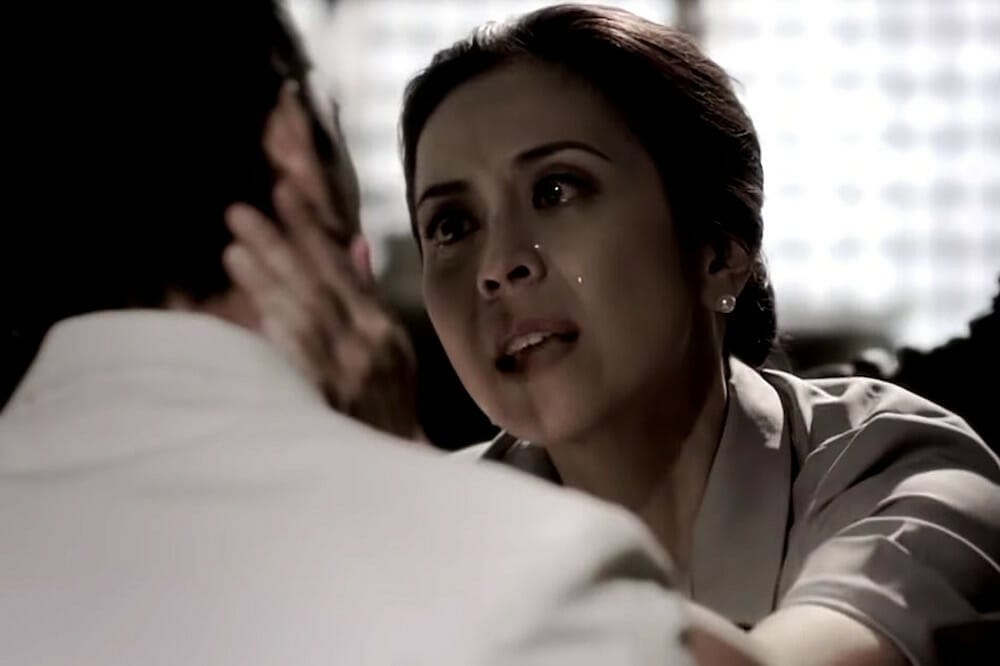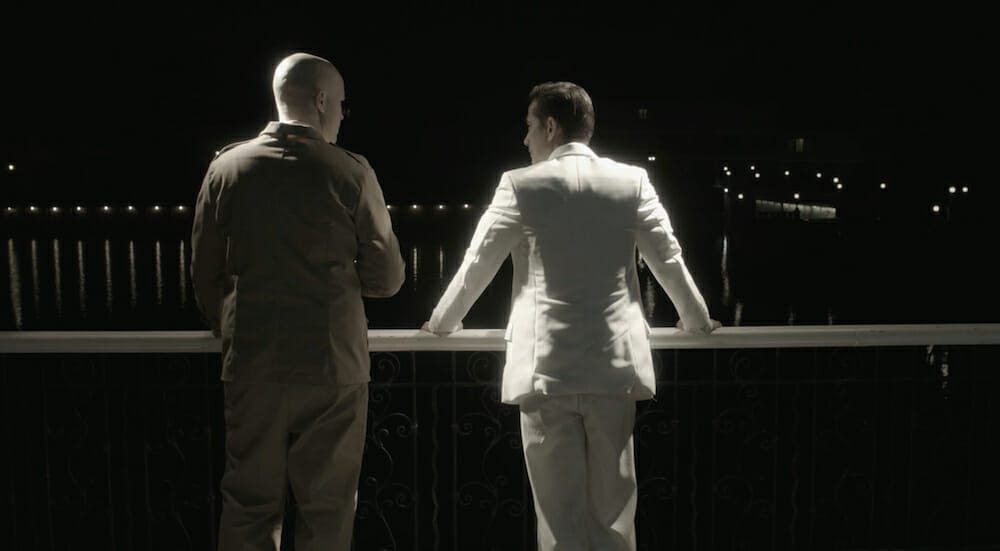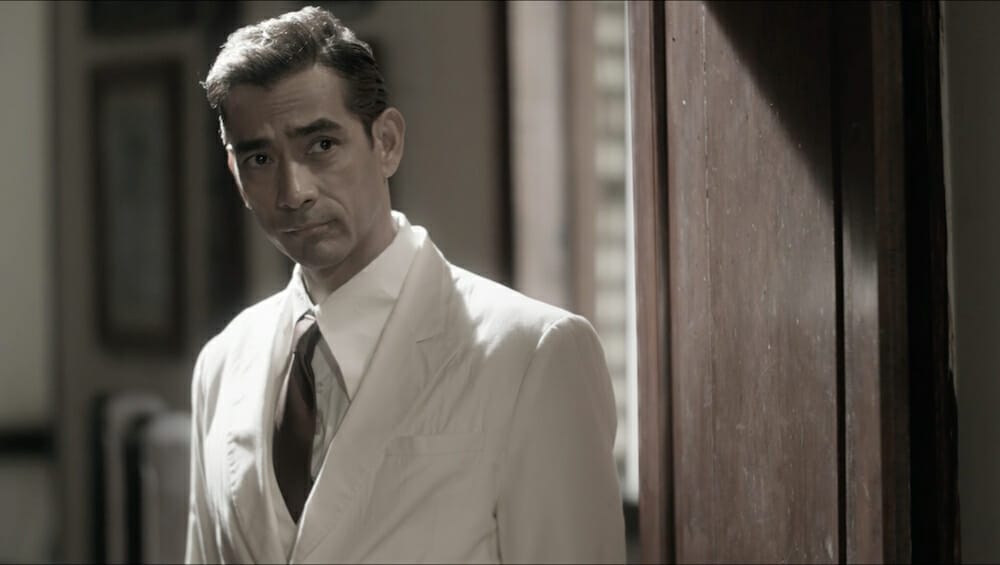QUEZON’S GAME won 25 awards at international film festivals and begins rolling out in U.S. and Canadian theaters January 2020. The film marks the directorial debut of Matthew Rosen (also serving as cinematographer), who has directed television, music videos and more than 700 commercials over 25 years, winning more than 50 international awards.
Here, Picture This Post (PTP) talks with Matthew Rosen (MR) about the intriguing subject matter of this film and how it came to be.
(PTP) This film is based on a little known, true story … Tell us about it.
(MR) In 1938, Manuel and Aurora Quezon, together with a group of influential friends, decided to step up and do whatever they could to save as many Jews as possible from Nazi persecution. The film is set around both the act of doing this, and the incredible difficulties and resistance they encountered on what seemed to be a simple act of humanity.
How did this rescue plan first get planned?
The Quezon family regularly frequented The Manila Hotel for an evening where he, his wife, and his friends would drink, smoke, dance, and play cards. It is well documented that the plan to save the Jews from the Ghettos was hatched over poker tables in various locations.
How does this story compare to the one told by the film Schindler’s List?
The only real comparison between the two films would be that both men, Quezon and Schindler, were brave enough to do what was right when no one else would. The difference in the films is more apparent. Schindler’s List is set amongst the unfathomable evil that man is capable of. Quezon’s Game highlights the extreme lengths man will go to for the good of others. When I left the cinema after Schindler’s List, I felt ashamed to be human. I hope after leaving the cinema, after watching Quezon’s Game, we all feel proud to be human.
How do you use music in the film?
Music is very emotional and the score of Quezon’s Game, which was composed by my son Dean, does a wonderful job bringing out the emotions of the audience at the right time. However, we did break convention by using two pieces within the soundtrack that were penned by Jewish composers during the Holocaust. Sadly, both of these composers died in the camps. Poignantly, one of the pieces is titled Why Does the White Man Sit at the Front of the Bus?, which not only is very insightful but also ties in perfectly with the era of global bigotry in which the movie is set. The pieces were brought to my attention by George Hargreaves, a musical advisor on the movie, and orchestrated by Chris Cameron.
What’s the legacy of this story—especially for the descendants of those who were saved?
We placed interviews with some of the Jews that Quezon and his friends saved over the end credits of the movie. A short interview is with the son of one of the Jewish survivors, Margot Pims, who said it best. He states he never would have been born without Quezon’s fight for what was right, as his mother never would have survived the Holocaust. The legacy of Quezon’s act of kindness is still present today, as I later discovered. Quezon set a precedent that has become part of Philippine law stating anyone—regardless of race, religion, or creed—will be welcomed to the Philippines as refuges from persecution. This act still exists and has saved so many from different corners of the world like Russia, Vietnam, and the Muslims from Myanmar.
What’s your ethnic and national identity and how do you think this impacted the way in which you made this film?
I was born in London U.K. to Jewish parents. My job as a cinematographer took me to many places around the world. In 1984 it brought me to the Philippines. It did not take me long to realize of all the places in the world I had been, I was most comfortable in the Philippines. I have made it my home ever since. Thus I consider myself to be both English and Filipino. My wife is Catholic, and I am as comfortable in church as she is in synagogue. So, as a mix of both nationalities and religions, it placed me in a rather unique vantage point to overview this film. I may not have been able to empathize with the story of the Holocaust survivors if I did not know, first hand, people that had lived it. Nor would I have recognized the incredible moral fiber of Quezon if I were not a Filipino at heart. But most important to me was the fact that this story had been lost in history. Very few Filipinos knew about it. The Jewish community in the Philippines, however, were very aware and thankful. I wanted to tell it to as many Filipinos as I could … It is something every Filipino should be proud of. Filmmaking happened to be my trade. This was a story that needed to be told, and film was the way I could tell it best. What Quezon and his friends did from 1938 to 1941 is an inspiration to all ethnicities and nationalities. That was the feeling I got from the story, and I hope that is the feeling I put across in the movie.
Having personally experienced anti-Semitism, do you feel we’ve made progress?Absolutely. Another thing I wanted to put across in this film is how far we have come … From the global mind set of just 80 years ago. When I was young, my father used to tell me England was the safest place for a Jew to live in Europe. Yet nearly every day, coming home from school, I would be chased down the street by boys from the neighbouring school waving two by fours at me. I grew up thinking that was normal human behaviour. Living in the Philippines, my children have never experienced racial bigotry, and there are plenty of the new generation that have not. I am so thankful for that.
What do you hope the main takeaway for audiences is about this film?
Although this movie is historical and deals in some way with bigotry that was present not just in Nazi Germany but in many countries of the world, it is first and foremost a movie to be experienced and enjoyed. It is a surprisingly uplifting story. When I set out to make it, I wanted the audience to laugh at the humor, cry at the drama, feel the disappointment of failure and the pride of achievement. I hope I have achieved this. Most important to me is that you enjoy it. I did not set out to make a statement but rather remind people that we have progressed so much in terms of morality. Occasionally, we need to be reminded what came before, so we don't let it happen again.
Any other comments for Picture This Post readers to help them determine whether they would be a good match for Quezon’s Game?
The most common thing audiences say to me after seeing the film is, “I had no idea.” There are so many eye-opening and interesting historical elements in the film that have been swept under the rug of history. As the story progresses and the dots begin to add up, people from Europe to America and on to Asia, begin to realize how their history is intertwined with this remarkable story.
Visit the QUEZON’S GAME website for information on upcoming screenings near you.
All photos courtesy of ABS-CBN Films


